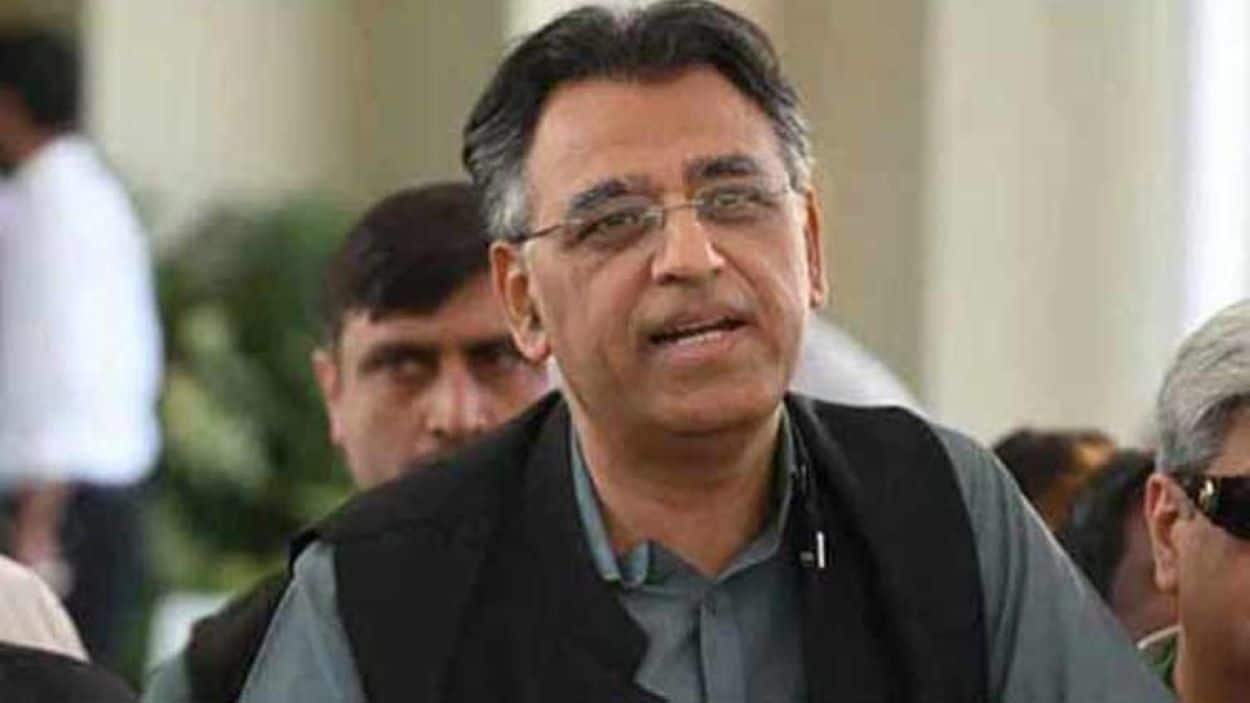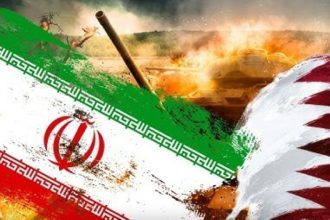PTI leader Asad Umar’s recent arrest in Islamabad, following the detentions of senior PTI figures like Shah Mehmood Qureshi and PTI Chairman Imran Khan, has intensified scrutiny on the controversial cipher case. As investigations deepen, these developments reflect growing political tensions, with the cipher at the epicentre.
The Cipher’s Revelations
The cipher’s emergence in the public sphere was dramatic. In the days leading to his ouster, Khan presented a letter that he claimed was a confidential message from a foreign nation suggesting his government’s removal. Shortly after, he identified the United States as the sender, specifically pointing to a communication involving Assistant Secretary of State for South and Central Asia Affairs, Donald Lu. The contents of the cipher allegedly revolved around a meeting between Pakistan’s then-ambassador to the US, Asad Majeed, and Lu.
Khan, seemingly quoting the cipher, claimed that Pakistan would be forgiven if he were ousted from power. However, the National Security Committee (NSC) under then Prime Minister Shehbaz Sharif, post-Khan’s removal, determined no verifiable evidence of foreign intervention linked to the cipher.
The Political Use of the Cipher
The case’s complexity deepened after Azam Khan, the former premier’s principal secretary, testified before authorities. He alleged that the ex-premier exploited the cipher’s content for political manoeuvring to evade a looming no-confidence vote against him. Azam painted a picture of Khan ecstatic upon receiving the cipher, viewing it as a possible misstep by the US. According to Azam, Khan believed the cipher could be leveraged to craft a narrative against the establishment and the opposition.
This narrative suggests that Khan wielded the cipher at political rallies, ignoring cautionary advice from aides like Azam. Furthermore, Khan purportedly believed the cipher could redirect public focus towards alleged foreign meddling in opposition-led initiatives.
As investigations continue, the nation waits eagerly for clarity on these claims and the ensuing political implications.






